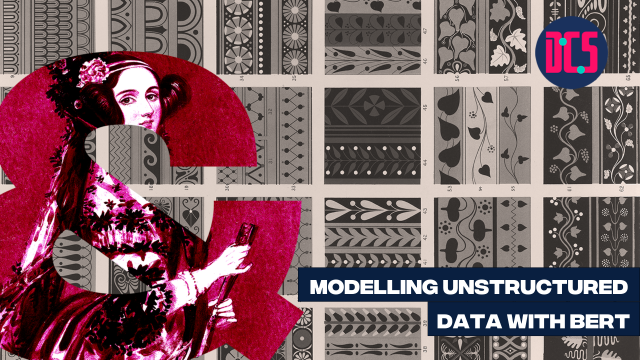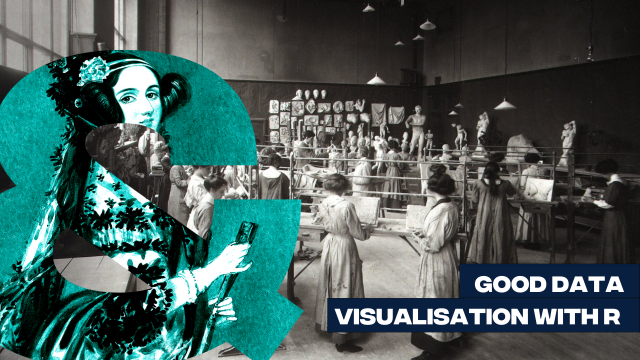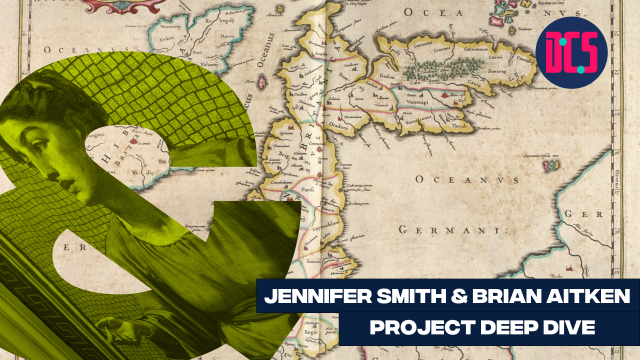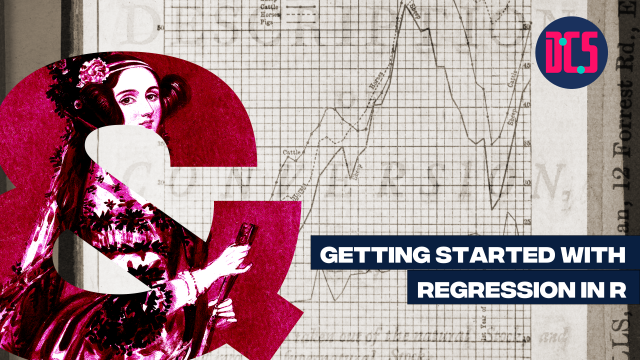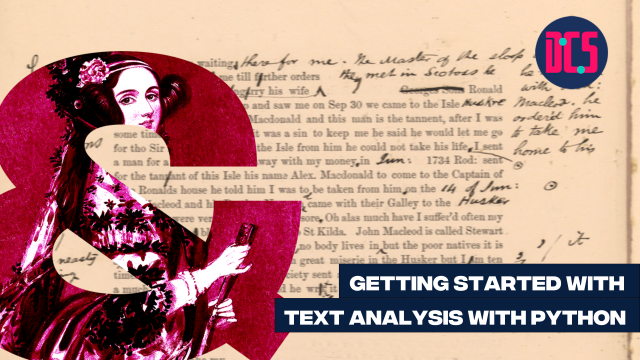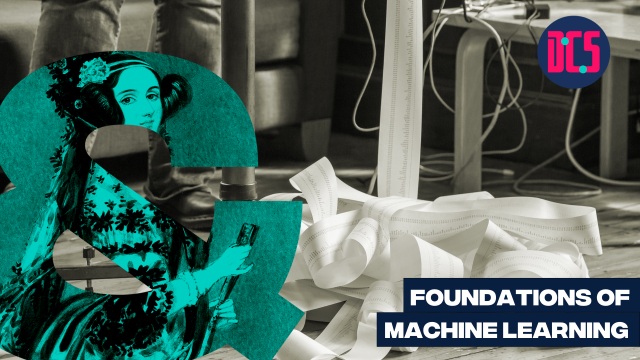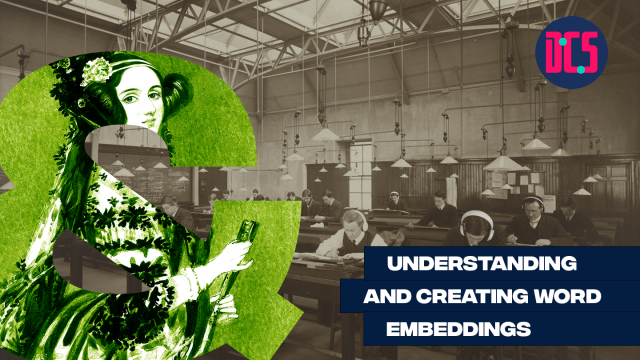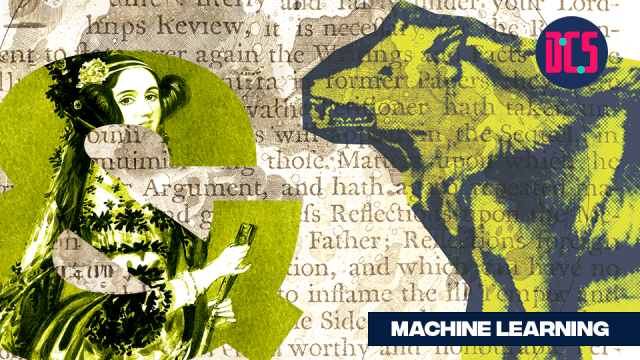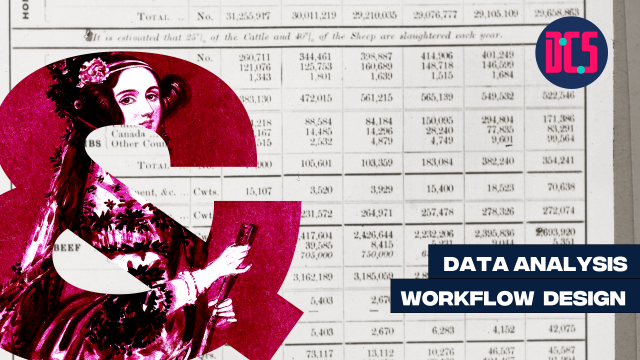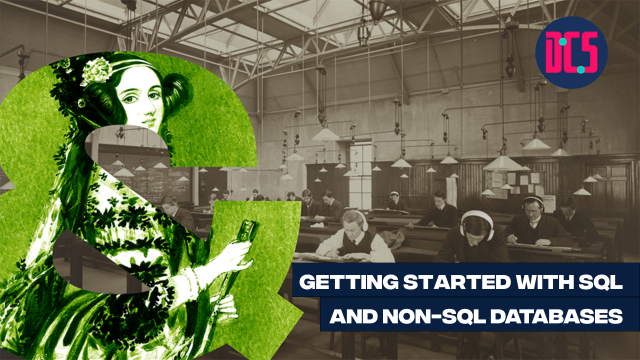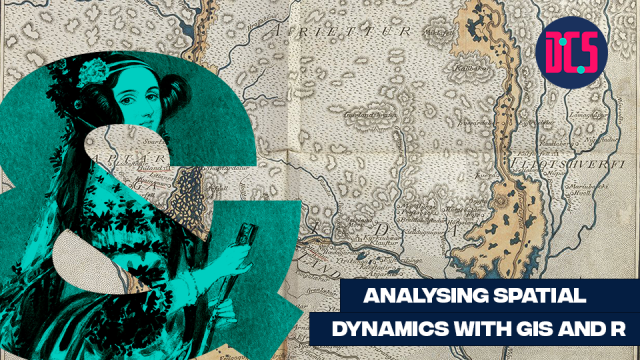Decolonizing Knowledge Production through Linked Open Data
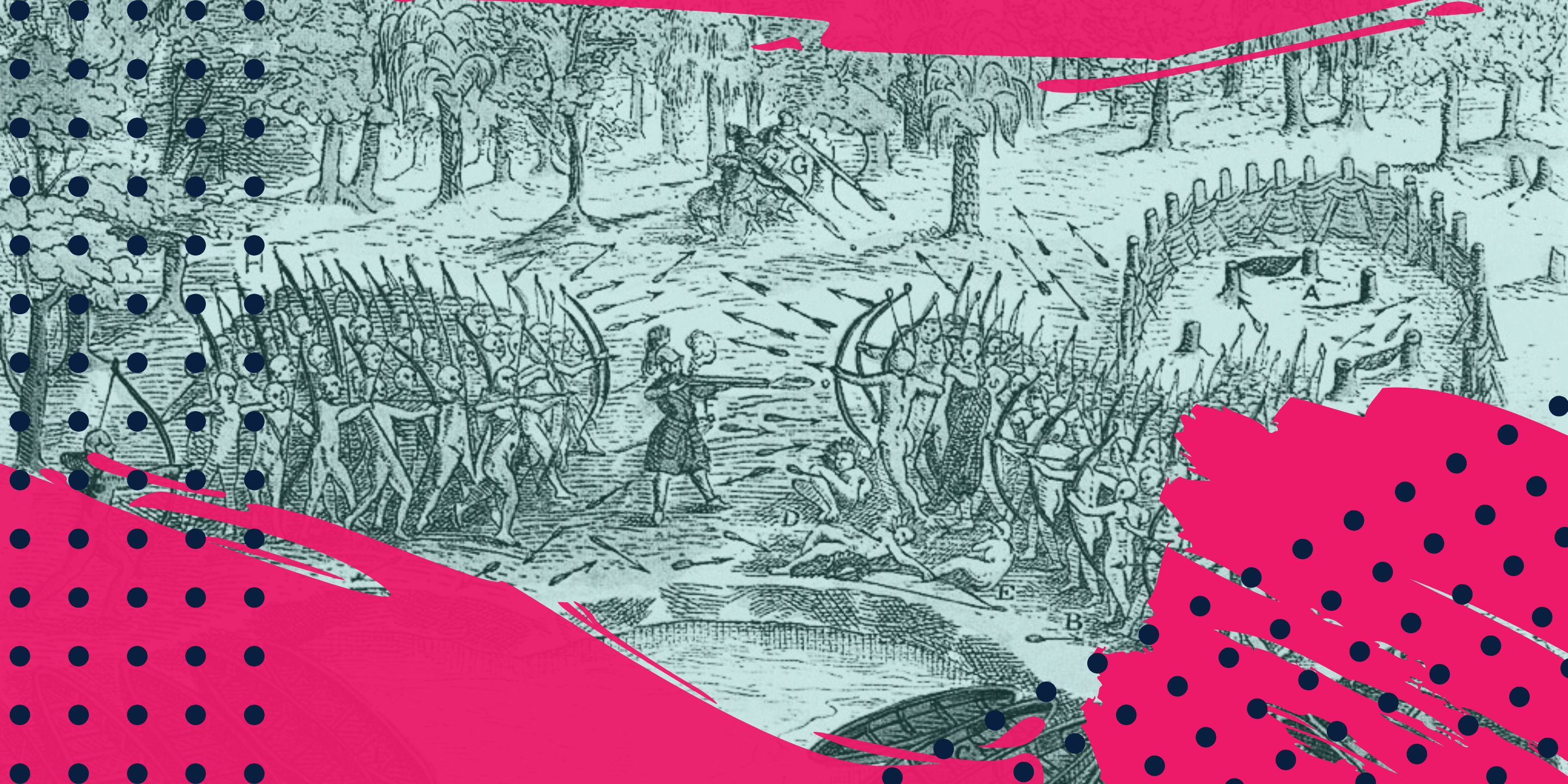
Abstract
A hallmark of the North American colonial process was the production and dissemination of knowledge about Indigenous peoples through the journals and records of colonizers. The violent, and virulent, practices that led to widespread disease, genocide, trauma, and displacement in the Americas were bolstered by data collection and distribution that relied upon physical death and cultural destruction of Indigenous peoples. Equally as damaging were 20th century preservation efforts by non-Indigenous peoples that form the core of most cultural heritage collections. Analog archival collections about Native American, First Nations, and Indigenous peoples were constructed through “salvage” ethnography which sought to document “disappearing” peoples. Collectors, anthropologists, and historians embarked on decades-long collecting efforts that led to the extraction (forcibly and otherwise) of cultural objects, knowledge, and even physical bodies from Native communities. They created the data culture that most historians operate within as they work with indigenous materials. Historians are struggling to connect data and decolonize data practices so that they align with indigenous communities and their ways of knowing. This becomes further complicated by the fact that an overwhelming amount of historical data is held by colonial repositories and not Native communities who have different epistemological and cultural priorities.
There are general ethical and epistemological issues that researchers need to be attentive to when exposing historical materials (esp. photographs, documents, and artifacts) authored by and about indigenous peoples. First and foremost, there is the issue of identity politics: who has the right to speak for/about whom and what role should non-members play in articulating a community’s history, authority, or beliefs? Significantly, in colonial-centric collections, only legal access is required and/or commonly completed. Every community, every tribe, and even a single family might differ in their sense of what is appropriate for research or reuse and dissemination. When national borders divide those families, the question of research ethics becomes more complex. Can linked open data account for any of these issues or does it rely on colonial systems of knowledge production that cannot be teased apart from issues of rights and access? This presentation will highlight preliminary answers to these questions while seeking to present a vision of what a collaborative, shared authority model of Indigenous digital humanities and digital history would look like.
Speaker Biography
Dr. Jennifer Guiliano is a white academic living and working on the lands of the Myaamia/Miami, Pokagon Band of Potawatomi, Wea, and Shawnee peoples. She currently holds a position as Associate Professor in the Department of History and affiliated faculty in both Native American and Indigenous Studies and American Studies at IUPUI in Indianapolis, Indiana. She received a Bachelors of Arts in English and History from Miami University (2000), a Masters of Arts in History from Miami University (2002), and a Masters of Arts (2004) in American History from the University of Illinois before completing her Ph.D. in History at the University of Illinois (2010). She has served as a Post-Doctoral Research Assistant and Program Manager at the Institute for Computing in Humanities, Arts, and Social Sciences at the National Center for Supercomputing Applications (2008-2010) and as Associate Director of the Center for Digital Humanities (2010-2011) and Research Assistant Professor in the Department of History at the University of South Carolina. She most recently held a position as Assistant Director at the Maryland Institute for Technology in the Humanities at the University of Maryland where she also served as an adjunct instructor in the Department of History and the Digital Cultures program in the Honor’s College. Dr. Guiliano served on the Executive Council (2013-2016) and as president of the organization (2016-2018) for the Association for Computing in the Humanities (ACH). She is co-director with Trevor Muñoz of the Humanities Intensive Teaching + Learning Initiative (HILT) and as co-author with Simon Appleford of DevDH.org, a resource for digital humanities project development. An award-winning teacher and scholar, Dr. Guiliano published her monograph Indian Spectacle: College Mascots and the Anxiety of Modern America, which traces the appropriation, production, dissemination, and legalization of Native American images as sports mascots in the late 19th and 20th centuries. She is also completing a co-authored work Getting Started in the Digital Humanities (Wiley & Sons) and the Primer for Teaching Digital History (Duke University; Spring 2022 release).
Booking Information
Upon booking, attendees will receive an automated confirmation email which will contain a link to the online event page. This event will take place on Zoom. Attendees will receive a second email closer to the event booking which will also provide the link to the online event page. Please use the same email for registering with Eventbrite and when logging into Zoom.
Event Information
This is a webinar, which means that attendees’ microphones and cameras will be off. There will be opportunities for participants to turn their microphone on and ask questions during the discussion. This event will have live captions. Please inform us of any access requirements by emailing cdcs@ed.ac.uk. The event will be recorded and uploaded onto the CDCS website afterwards for public viewing. Further details about how CDCS uses your information obtained from booking onto our events can be found at in our Events Privacy Statement.
Event recording
First broadcast on 10 October 2022.
This recording is licensed under CC BY 4.0.
To watch in full screen mod via Media Hopper, click here.

